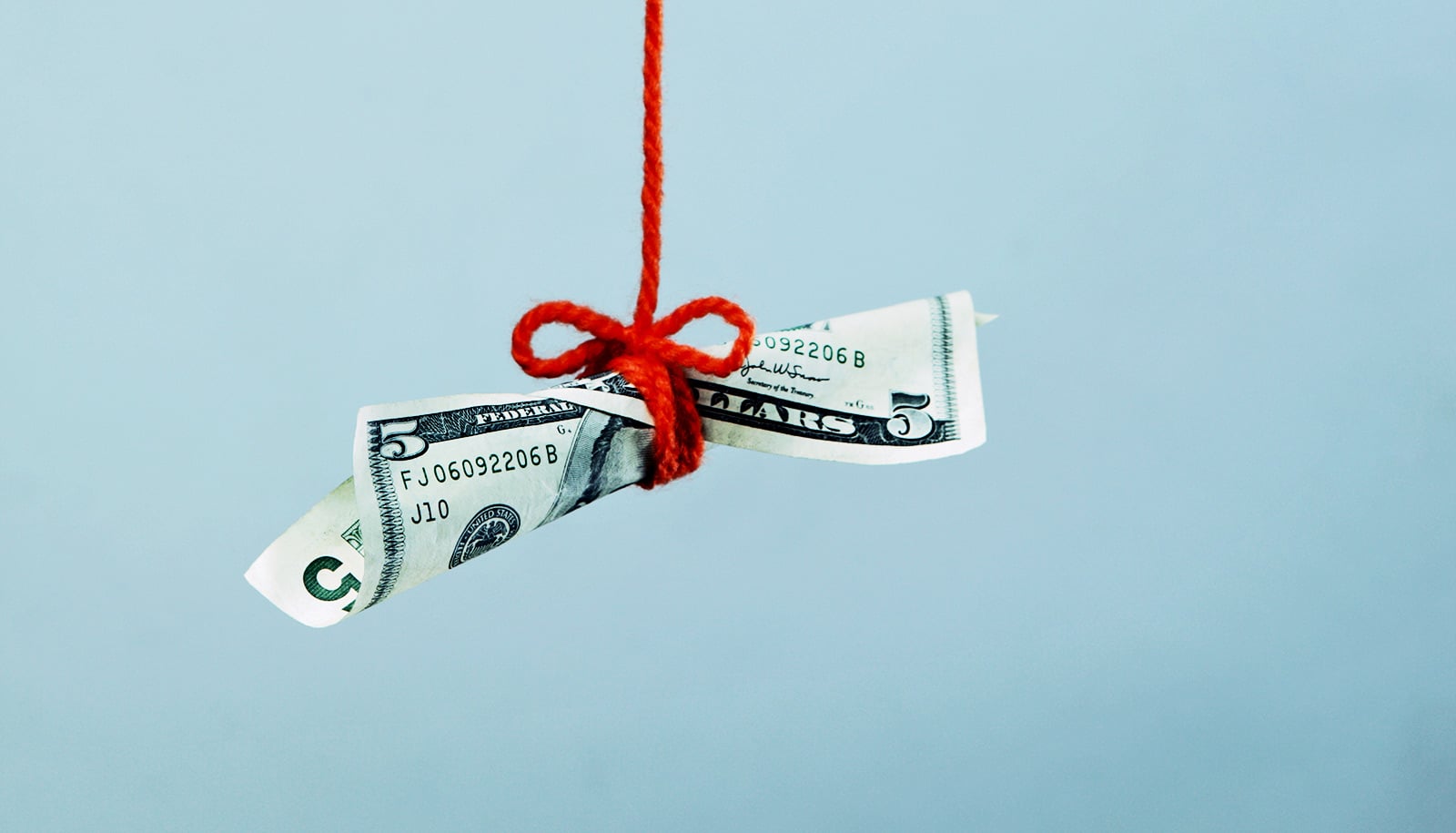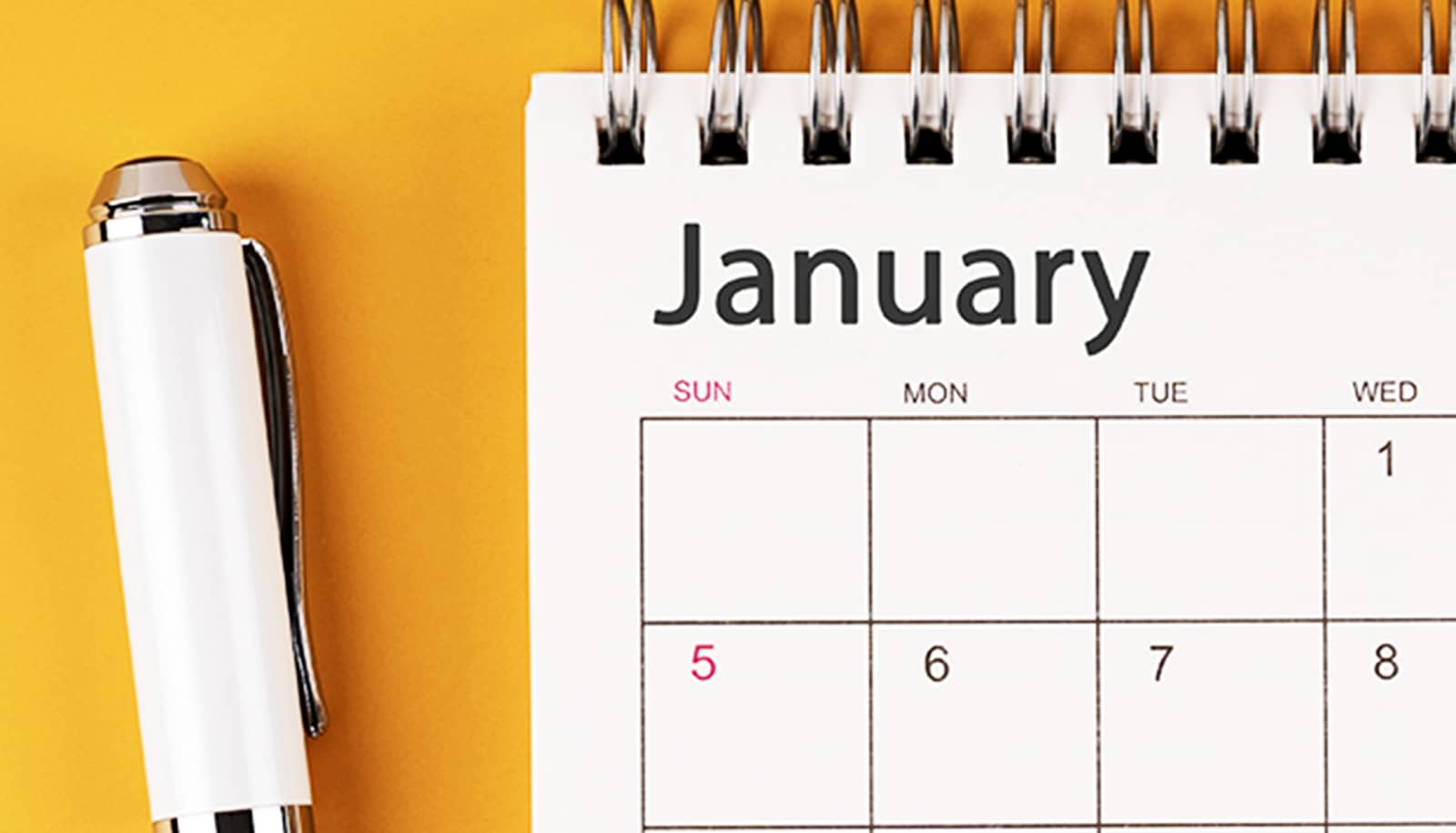Immediate rewards may boost motivation more than waiting to reward yourself until the end of a task, according to new research.
In a new study, Kaitlin Woolley, assistant professor of marketing at Cornell University, found that giving people an immediate bonus for working on a task, rather than waiting until the end of the task to reward them, increased their interest and enjoyment in the task.
People who got an earlier bonus had more motivation to pursue the activity for its own sake and even continued with the activity after researchers removed the reward.
“…for activities like work, where people are already getting paid, immediate rewards can actually increase intrinsic motivation…”
Woolley conducted the research as part of her dissertation at the University of Chicago, in collaboration with Chicago faculty member Ayelet Fishbach. In a series of five experiments, Woolley analyzed how reward proximity influenced intrinsic motivation—the positive feeling that comes from the process of an activity—and people’s desire to persist in the task after the reward was removed.
“The idea that immediate rewards could increase intrinsic motivation sounds counterintuitive, as people often think about rewards as undermining interest in a task,” Woolley says. “But for activities like work, where people are already getting paid, immediate rewards can actually increase intrinsic motivation, compared with delayed or no rewards.”
That’s because an immediate reward strengthens the association between the activity and the goal of the activity, making people feel like the task is rewarding in and of itself. “If you have a hobby—say you like to knit or quilt—the process itself is enjoyable, it’s intrinsically motivated. You’re doing it just for the sake of doing it, rather than for the outcome,” Woolley says. Adding immediate rewards does something similar: It increases the positive experience of the task, with important outcomes for motivation and persistence.
Little treats aren’t a vice. They get us to our goals
In one study, people completed a task in which they spotted the difference in two images. Some people expected to receive an immediate bonus after they finished the task, whereas others expected to receive the same bonus in a month. An immediate bonus led to an almost 20 percent increase in the percent of people sticking with the task after the reward was removed compared with a delayed reward. An earlier bonus increased interest in the task, and people wanted to continue it even with no bonus.
In another study, the researchers compared the timing of a reward with the size of the reward. They found that an immediate (versus delayed) bonus for reading led to a 35 percent increase in the number of people continuing to read after researchers removed the reward, whereas a larger (versus smaller) reward only led to a 19 percent increase. This suggests the timing of a reward may matter more for intrinsic motivation than the size of the reward, Woolley says.
The right kind of motivation comes from you
The work has important implications for motivating employees. For example, a series of smaller, more frequent bonuses throughout the year could motivate employees more than a larger end-of-the year bonus. Similarly, this finding could inform loyalty programs for marketers trying to incentive customers to make more purchases.
Ironically, people balk at providing bonuses too soon, and think early rewards might have a negative consequences.
“More evidence suggests immediate rewards are beneficial,” says Woolley. “They’re a useful tool for increasing interest in an activity.”
Source: Cornell University



